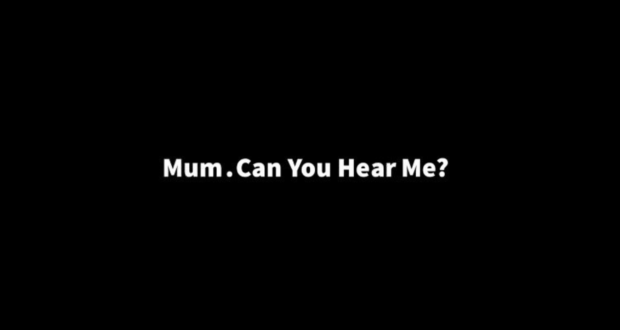An audio play that raises questions of when theatre crosses the line of educating, of changing minds, into being art that exploits those less fortunate.Summary
Rating
Excellent
I’m an advocate for theatre that educates, that shines a light on the realities of lives that we are, for the most part, lucky enough not to have to experience personally, or even witness in the real world. In doing this, you hope that theatre can elicit change, make people reassess deeply held beliefs and prejudices, and that this will bring about real change in how we live and treat others less fortunate.
But when does theatre become exploitation? When does a play about the plight of others become something that is not designed to foster change, but to simply entertain? It’s a fine line, and one that left me just a little uncomfortable whilst listening to Mum Can you Hear Me? Was this play aimed at changing minds, or was it simply a piece of entertainment for profit?
The deaths of 39 migrants in the lorry that brought them to the UK was, is and will always remain, a horrific incident that should never be forgotten. Is it, though, something that should be used as the basis for a show? As with refugees coming across the English Channel in dinghies, if your first thought on the subject is, “well they shouldn’t be coming here illegally” then this play is not for you. Or maybe it is. Maybe it is exactly those who think that way that need their eyes opened to the fact that these were 39 lives: sons, daughters, brothers, sisters. 39 lives taken because of the greed of those guilty of their manslaughter. These people did not ask to die: they simply hoped to better their lives, seeing the UK as a place that would offer an opportunity to do so. We should be proud they wanted to come here. We should be less proud of how we treated them, and the others who strive for the same, risking their lives daily to attempt it.
Which brings us back to Mum Can You Hear Me?, an audio play that brings just one voice (Alex Douglas) to the fore, one lone, female voice that is fighting for breath in the back of that lorry. She talks in her mind to her mum; of family, of love, of her hopes for the future. A future we know will never happen.
The fact it’s an audio play feels appropriate; it helps bring focus to the isolation of our protagonist. The screen is black (except for subtitles). It’s the blackness that our lone voice experiences from inside that lorry, all sight of the outside world cut off from her. There is only sound. Aron Gyenge does an amazing job in creating the background soundscape, from the lapping of water, the soft drone of road traffic, to the humming of the lorry engine. And the clamour of people fighting for their lives, of people dying around her. Listening through headphones, it is intense, it is uncomfortable.
Come the end of Mum Can You Hear Me? I’m left with a feeling of utter sadness. Sadness at the pointless loss of life. Sadness that there are people who feel nothing for these deaths, blaming the victims for their own plight. I’m sad at our country for allowing this. I’m just very, very sad. The power of this piece is undeniable, and it’s this that ultimately justifies it, and why it should be viewed as essential rather than as exploiting these deaths for entertainment value. It’s a fine line, a painfully fine line. Can such theatre bring any kind of change? We can but hope.
Written by: Bernadett Szabo
Directed by: Adam Cachia
Produced by: Peripeteia Theatre Company
Mum Can you Hear Me? is playing until 22 February as part of The Living Record Festival. Full details can be found at the below link.
 Everything Theatre Reviews, interviews and news for theatre lovers, London and beyond
Everything Theatre Reviews, interviews and news for theatre lovers, London and beyond



